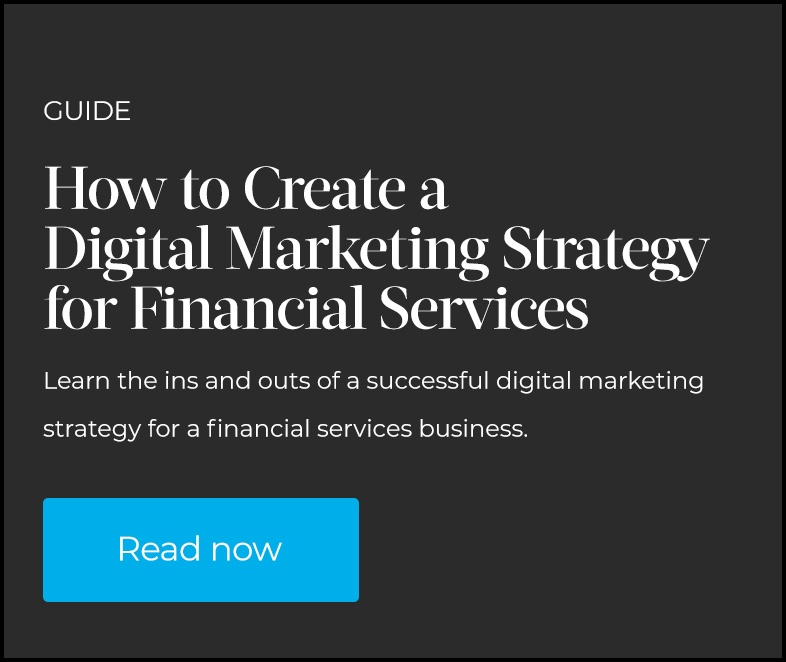We're closely watching proceedings of the Royal Commission into misconduct in the Banking, Superannuation and Financial Services Industry. Our focus is on the reputations of the people and brands in the spotlight, and on trust in the whole industry.
In light of the Royal Commission we've recently completed a review of some 20 perceptual crises in the finance sector that our senior team have personally worked on over the last two decades. From this analysis we've identified nine communication strategies used by leadership teams to slow, halt or reverse a perceptual crisis.
We're sharing these in short videos. In this episode, we will discuss strategy #4, Reframing.
Video Transcript
Jacqui Maddock: Hello I'm Jacqui Maddock, and I'm here with Carden Calder, the founder and Managing Director of BlueChip Communication, and today we're going to talk to you about the next in our series of videos looking at perceptual crises and how to stop them in financial services. Today we want to talk about reframing.
Carden Calder: Right, so number four is reframing. It's one of the oldest PR and crisis management techniques. It is used so commonly and it's so much a part our every day that I suspect we don't even see most of the examples anymore.
It's used brilliantly in politics, in business, and we can talk about some of the ways we've seen it. But one of the things we were talking about is as a journalist, you've seen this used absolutely brilliantly. Everyone's aware of it, some folk get it, and some folk just don't, they just accept that this is how it is, and that example was ...
Jacqui Maddock: You want me to talk about Donald Trump?
Carden Calder: Not really, but if you have to.
Jacqui Maddock: Alright, so obviously, fake news is brilliant.
Carden Calder: A term that was invented.
Jacqui Maddock: Brilliant. It is every day, every tweet, he's able to come out and just absolutely draw a line through the majority of news coverage that he receives in America from what he calls the national media, or liberal media. But national actually refers to northern. There's a very real correlation between the tactics Donald Trump uses and some similar ones that were used in the 1960s in the Jim Crow era, but that's for another time.
Carden Calder: So the reframe, the reframe in that case is from these are credible national news media, which is what we all believed five years ago, to these are only a certain segment of the population, they're small-l liberal, they're left-leaning, and they have an agenda, and they're wrong, is essentially what the President of the United States is saying about credible, global, and local news organisations in the US, and he is being believed, not by everybody, but by the people who matter most to him.
So it's a brilliant example of a reframe. You might not like the example, or agree with the outcome, but it is a fantastic example of someone taking something that we all believed was X and turning into Y by actually taking a step back, zooming out from the issue, and taking a different lens on it.
Jacqui Maddock: But the other thing is, if I were to ask you: How does it work? One of the things I know that you would want to point out is that for an audience to shift its perception of something, or for a brand or business or a leader to do that, the audience has to have a seed of that belief ingrained in them somewhere.
Carden Calder: Correct. So the really clever thing about the idea of fake news as a reframe is that it played to an existing belief. It wasn't a belief held by everybody, but these days we're doing public relations and marketing in a very segmented, fragmented media market.
And in a world where people can narrow cost and curate their own news. So they end up believing more and more of what they're already reading, and in that world, Donald Trump could reframe credible news media as fake, because he knew that some people already had this deep, rigid suspicion of institutions and doubt certain sorts of news media.
So, for this to work, a critical success factor is that it must play to an existing belief. Another critical success factor is that it must somehow be logical or feasible. Not necessarily 100% right, but there must be an inherent logic no matter how flawed in the new proposition as opposed to the way that people see things already.
Jacqui Maddock: And like you say, history is littered, and the present, with examples of this being used in politics and social debate and public policy.
In financial services, for it to be effective in financial services, it shares many of the same characteristics. So if we just lift the veil, what are the mechanics of getting a reframe done really well?
Carden Calder: Yeah. I think it's to zoom out. If you're a brand, or a CEO, or a CMO, or senior corporate affairs person, and you're faced with a proposition, an accusation, or a belief from people outside your organisation, or inside for that matter, which is something that you don't think tells the whole story, or you don't think is the right view on the issue, then the technique is to zoom right back out.
So it's that context, it's about saying, "We're looking at it in this relatively narrow way, let's go back out and look at all of the issues, and let’s see this a different way."
So a classic example of this in insurance would be a denied claim, where the proposition is always that the brand, insurer or the super fund, is doing the wrong thing by denying the claim. Many, many times that claim's been through a review process, and actually the rules are being applied the right way. But you're on a no-win if you're confronted with someone who's gravely ill, and making a claim on their life or their income protection insurance.
And so the role that the super fund or the insurer can play, which I don't think enough of them do often enough, is to point out what insurance is. It's actually to zoom back out from the individual case, and say, remember, insurance is pooled risk. It's a financial instrument, if you like, or it's a financial risk and safety net for many, many people.
If we start breaking the rules of that financial pool that keeps everyone safe for one person, then everyone else suffers, and the money won't be there when they need it. But too often we don't do that zoom out, we try to deal with the proposition that we're given, as opposed to taking it from a different angle.
And the other example you put up recently was the mining campaign, which I thought was quite clever. Do you want to talk through that?
Jacqui Maddock: I mean obviously the Minerals Resource Rent Tax, the mining lobby had a huge war chest for advertising to have that essentially defeated. But the government was attempting to reframe mining companies digging up Australian ... essentially the land in Australia.
Carden Calder: As almost taking from Australians.
Jacqui Maddock: As taking from Australians and saying we all obviously, we all own this land, no mention of Aboriginal Australians. We all own this land, and shouldn't we all have a fair share of the profits of it? It was interesting.
Carden Calder: And sensing that thread, and the magnitude of it, one of the things the mining companies did was they got together. We’re yet to see I would argue in certain sectors of financial services, but they got together and they reframed ones from they ... where they're being cast as the baddies, digging minerals out of the ground and stealing from Australians, but they recast themselves ...
Jacqui Maddock: Well I think as the ones that are providing prosperity to Australians, that are essentially exporting all of our goods, making a tonne of money for us, pumping up all of our superannuation accounts, and padded the portfolios of most Australians, being some of biggest companies in the world.
Carden Calder: Under pennies of prosperity. So if we look at that, and we look at the others we've talked about, the things you'll notice are: It's simple. It's already believed by some people. It's already an existing belief that's out there. And on some level it must be logical.
So with that I think that's pretty much a wrap.
Jacqui Maddock: Yeah, that's a reframe. So thanks so much for watching, and we just want to draw your attention to the Royal Commission commencing again very shortly. We have here at BlueChip been producing daily ... essentially daily rundowns of events at the Hayne Commission and we really would like to share them with you but you need to subscribe.
Carden Calder: Right. So if you're watching this, and the Royal Commission is not live, you'll be able to get our weekly commentary on it. But if you're watching this and the Royal Commission is live, you can drop us a note on our landing page on the website, you can subscribe to our daily product, but you can only get that by subscribing.
Jacqui Maddock: And we apply these lenses of all the strategies we've talked to you about, perceptual crises, and see how they're playing out day to day at the Royal Commission, and we'd love to share it.
Carden Calder: Thanks for watching.











